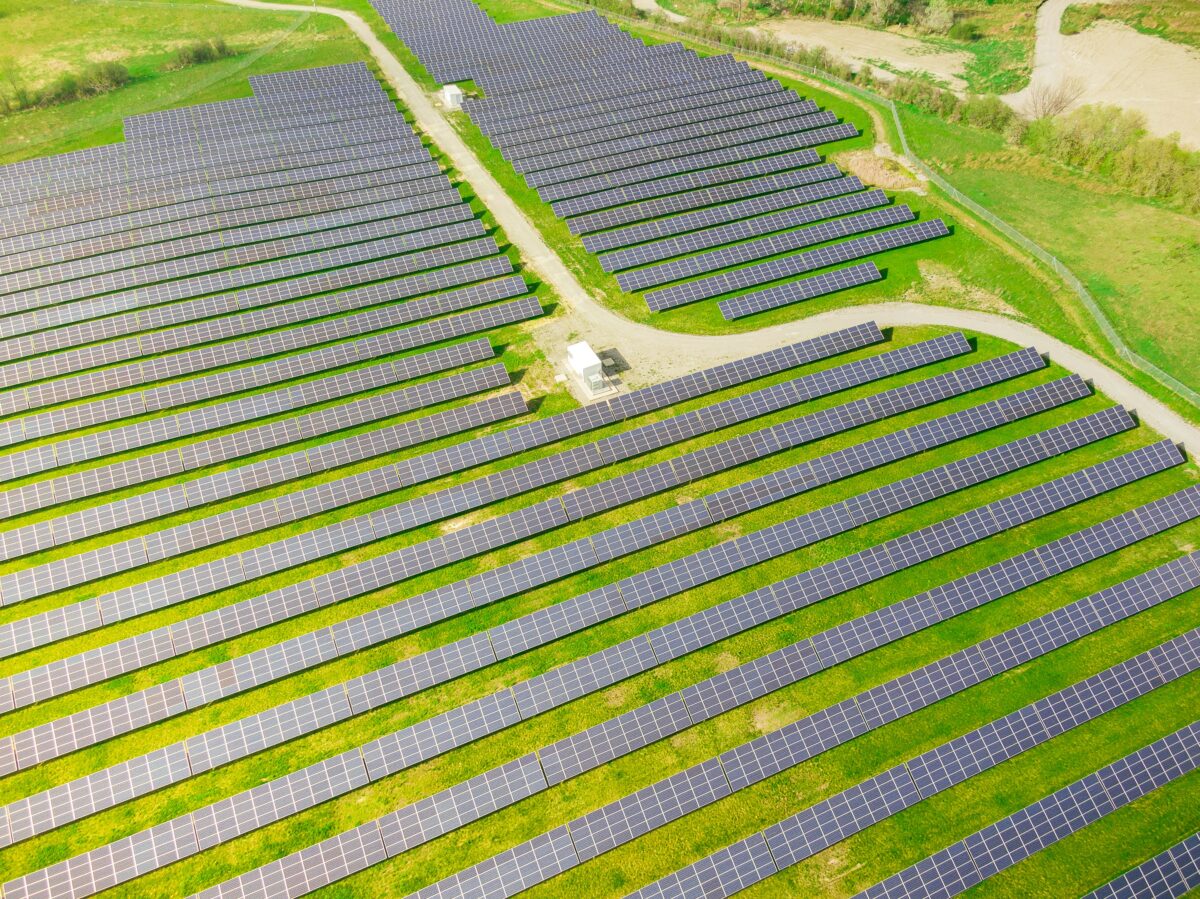The Vietnamese government issued new rules this week allowing DPPA between IPPs and energy consumers, according to state-owned press agency Baochinhphu.
The new provisions were implemented via the Decree No. 80/2024/ND-CP, which is now in force. The Ministry of Industry and Trade (MoIT) will oversee the development of the PPA market.
IPPs will be allowed to sell power to buyers either via the national grid or direct connection lines.
With the first option, the sellers will sign PPAs with local utility EVN, which will in turn sign PPAs with the buyers. Buyers and sellers will then sign contract-for-difference (CfD) deals on a price per kilowatta basis.
With the second option, IPPs and buyers agree directly on the contracted terms and have the possibility to sell excess power to EVN.
Before introducing the new rules, the Vietnamese government backed large-scale solar via a feed-in tariff (FIT) program that expired in 2020.
Vietnam had 17.07 GW of solar capacity by the end of last year, according to the latest data from the International Renewable Energy Agency (IRENA). About 11 GW of the total was installed in 2020, with only 1 GW added in the preceding three years.
This content is protected by copyright and may not be reused. If you want to cooperate with us and would like to reuse some of our content, please contact: editors@pv-magazine.com.




4 comments
By submitting this form you agree to pv magazine using your data for the purposes of publishing your comment.
Your personal data will only be disclosed or otherwise transmitted to third parties for the purposes of spam filtering or if this is necessary for technical maintenance of the website. Any other transfer to third parties will not take place unless this is justified on the basis of applicable data protection regulations or if pv magazine is legally obliged to do so.
You may revoke this consent at any time with effect for the future, in which case your personal data will be deleted immediately. Otherwise, your data will be deleted if pv magazine has processed your request or the purpose of data storage is fulfilled.
Further information on data privacy can be found in our Data Protection Policy.